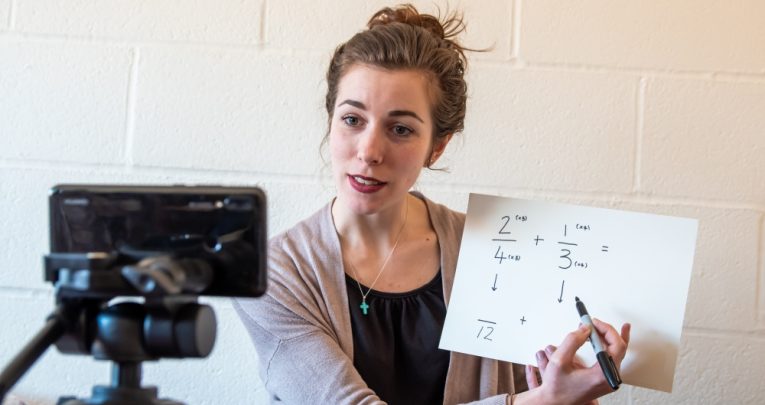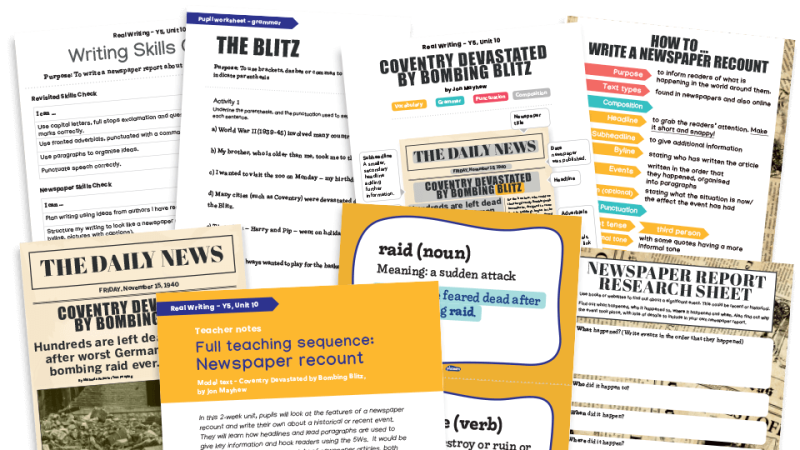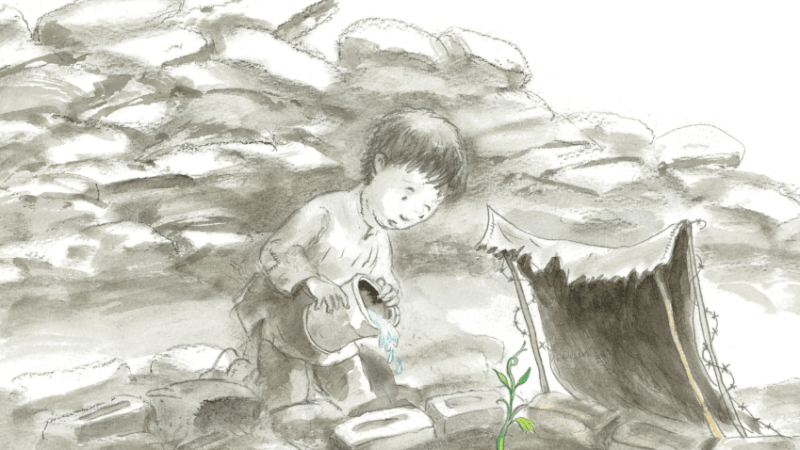“I need to feel supported, not scrutinised”– How schools should handle a uniquely difficult NQT year

James Hodge looks at how this year’s NQT cohort are facing a tougher set of challenges than any who have come before them…

- by James Hodge

During my first half term as an NQT, I had an epiphany whilst teaching a lesson on Shakespeare. ‘All the school’s a stage, and all the teachers merely its players,’ went the thought in my head – because here I was, dressed up in a quirky suit, play-acting my way through a lesson with behaviour-script in hand, trying to persuade my bottom set Y9s that I knew what I was doing.
Teaching is very much an act; a performance created to engage and teach our students. If the PGCE year is a time for line-learning, blocking out the staging and internalising the mannerisms of your character, then the NQT year is the dress rehearsal, tech and opening night all in one. Ready or not, the show must go on, which is why the NQT year is often seen as the most challenging of any teacher’s career.
Clarity is key
However, imagine turning up to your own opening night in the starring role, only to find that you’re semi-dressed, the set hasn’t been built, half your lines are missing and you’ve not been able to read the second half of the script. That’s the position our NQTs will find themselves in this September. Due to the disruption that COVID-19 has wrought on education and across the wider world, they will have qualified without the experience of teaching they would typically have acquired as part of their training.
PGCE students will have been most affected by this year’s partial school closures. Viv, a PGCE graduate, had been able to experience a rural school for her first placement, but had her time at a school in a more urban area cut short. “I was only in week two of my second placement when lockdown happened,” she says. “I was just at the point of getting to grips with a new cohort of students, when suddenly I was home alone with no contact from the school whatsoever.
At first, I hoped this could be an opportunity to improve my pedagogical knowledge and focus on the academics of education, but the reality of looking after my son and caring for my elderly mother in the midst of a pandemic meant I had a lot of balls to juggle.”
In common with all educators, Viv is worried about what the ‘new normal’ will look like in September. “Clarity is key,” she told me. “It’s hard enough navigating a school day as a new teacher, let alone in a school that’s been transformed by new government rules and regulations.
“I worry especially about behaviour. I’d developed good routines for beginning lessons, but now I’ll be moving from room to room, and I don’t know how easy it will be to achieve punctual, calm and orderly lessons. However, I’m delighted to have secured a job in my first placement school, where staff have been unerringly supportive throughout the twists and turns of the past year. I know that with their clear rules and leadership, I’ll succeed.’
Huge responsibility
Lena, a school-based trainee, had experienced comparatively more time in the classroom and was progressing well, having started teaching a busy timetable from September. Following the school closures, she switched to delivering distance learning from home. “I was looking forward to the summer term and to really consolidating my learning so far,” she recalls, “but I didn’t have the opportunity to put things into action. I’d hoped that distance learning would improve my planning, but realistically, it’s just not reflective of actual classroom experience. The lack of immediate contact with students made it difficult to measure how successful my lessons were.”
Lena’s concern is the same as that of all teachers – how do we teach in a world that’s changed so dramatically? Teachers will have to recover a great deal of lost learning time, but also offer a whole new level of care and support for the young people in their classes.
As far as Lena’s concerned, “I can’t now ‘just’ be a solid teacher. I need to be the most efficient and effective teacher. I need to be an expert in mental health and a source of endless reassurance. My students will be looking to me to lead the way not only with their learning, but in how to live post-lockdown. That feels like a huge responsibility.
“I hope that leaders will not only offer us clear guidance on the best academic approaches to teaching, but also training in how to best help our students as humans living at a difficult time. I hope they understand the complexity of the current climate – I need to feel supported, not just scrutinised. We’re walking into the unknown.”
Realistic expectations
For new teachers like Lena and Viv, no one will be more important at this time than their mentors. I spoke to my own former mentor, Sally, a teacher and academic, about the adjustments that will need to be made. “We need to be upfront about the situation’ she told me. “This cohort has had a totally different experience to others, and schools are going to have to adapt. Leaders will need to assign their strongest teachers to develop NQTs, and everyone will need to be given proper time to do so.”
When it comes to being a mentor, Sally believes that, “We need to have realistic expectations and recognise that our role won’t just be academic, but also pastoral. On the one hand, trainees should have good subject and pedagogical knowledge, but on the other, they’ll have had little actual teaching time. Reflective practice will be key, here – really examining their planning and coaching trainees as to why lessons do and don’t work. Targets will need to be clear and achievable, and we’ll have to take a step back and carefully evaluate how they’re putting their knowledge into practice.
We’ll also need to unpick the increased levels of anxiety. Trainees will be dealing with a dramatically different workload, and encountering many of the challenges typically experienced in the training year. We need to be as kind and patient as we are with our students in order to help them succeed.”
Part of the team
From a managerial perspective, what will those adjustments look like? Jemma, a head of department, highlighted to me the importance for leaders of planning ahead with respect to their new recruits: “NQTs will need both an outstanding mentor and support from a community of experienced teachers. I’ve ensured that my trainees are timetabled in classrooms close to other subject specialists who can always be on hand to offer support as they move around school.
“I’ve also looked carefully at NQT timetables, in order to maximize opportunities for them to work actively with their mentors, and wherever possible, we’re delegating planning so that trainees are working with more established staff who can help them feel secure and confident in their lesson design. Collaborative planning will mean that many of their lessons are already available, alleviating their workload.”
Jemma further stressed the important role of the staffroom. “Everyone will be encouraged to take a proper break at lunchtime and spend time with colleagues. This will be an opportunity to have important informal conversations with other teachers, and a chance to feel like a part of the team.”
I write this as September approaches. For our NQTs, the show will go on whether they’re ready or not, but what we mustn’t forget is that a show consists of more than simply an actor performing on a stage. Actors need directors, producers, costumiers and even ushers if they’re to succeed their role. In the same way, new teachers need a huge amount of support from behind the scenes. Education is a collaborative effort, and with the right teams fully behind our new NQTs, they’ll be able to perform all the better.
To all our NQTs out there, good luck – break a leg, and may you put on your finest show in this new academic year.
James Hodge is a former lead practitioner of English and head of media studies, now working in ITT; he produces video content to support teacher planning via the YouTube channel English Teaching In Action and tweets as @MrHodgeTeaches











